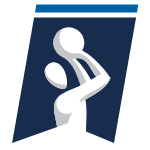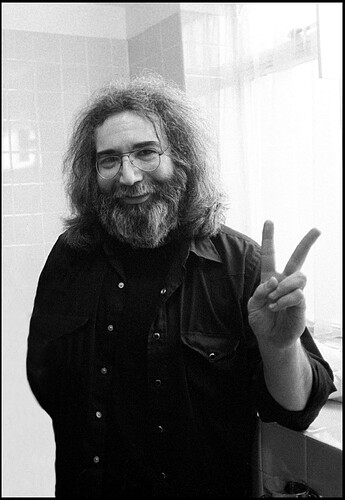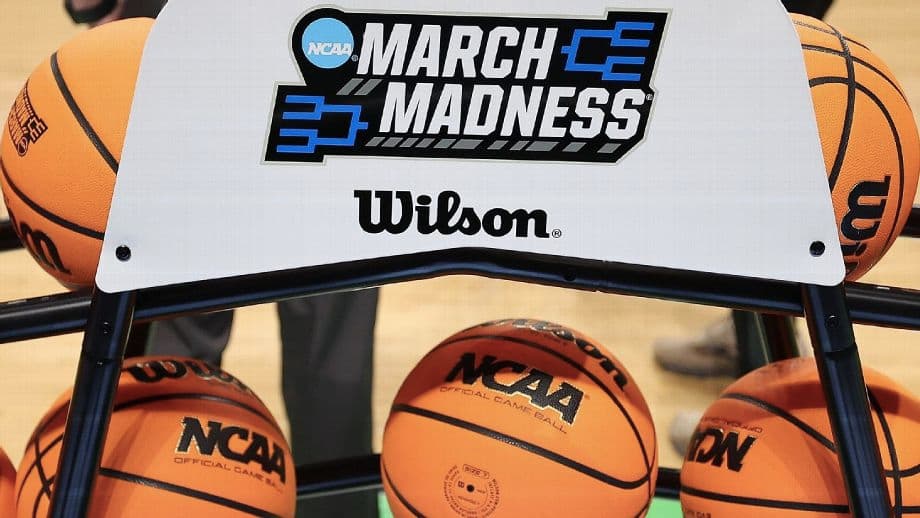If this isn’t curbed or controlled in some way I am going to lose interest in a big way. From The Athletic:
A federal judge in Tennessee on Friday granted a preliminary injunction that prohibits the NCAA from enforcing its own rules against pay-for-play in recruiting. Effective immediately, name, image and likeness collectives can negotiate deals with recruits without fear of NCAA sanctions.
My first reaction to the news: This renders the entire plot of “Blue Chips” obsolete.
If you’ve never seen that classic 1994 college basketball film, here are the key details: Nick Nolte plays Pete Bell, a big-time coach (clearly modeled after Indiana’s Bob Knight) so desperate to get his struggling program back on track that he sells his soul and allows a booster to go buy some recruits. Stud center Neon Boudeaux (played by Shaquille O’Neal) gets a new car. The mother of Butch McCrae (Penny Hardaway) gets a house. And a big ol’ tractor shows up at the farm of Ricky Roe (former Indiana big man Matt Nover).
But an investigative reporter catches wind of the operation. Things don’t end well for coach Bell.
GO DEEPER
Federal judge blocks NCAA from enforcing NIL rules
I bring this up because in 1994, even a non-basketball fan walking into their local cinema would be aware that paying high school recruits was a cardinal sin. This assumption was so ingrained in the public that an entire film could be based on an NCAA violation without ever having to explain why it’s a rule.
I bring this up because in 1994, even a non-basketball fan walking into their local cinema would be aware that paying high school recruits was a cardinal sin. This assumption was so ingrained in the public that an entire film could be based on an NCAA violation without ever having to explain why it’s a rule.
I bring this up because in 1994, even a non-basketball fan walking into their local cinema would be aware that paying high school recruits was a cardinal sin. This assumption was so ingrained in the public that an entire film could be based on an NCAA violation without ever having to explain why it’s a rule.
The film came out Feb. 18, 1994, nearly 30 years to the day before Judge Clifton L. Corker of the Eastern District of Tennessee told the NCAA to bug off and let the Neon Boudeauxs and Ricky Roes of the world get their cars and cash.
The NCAA’s court losses have been coming so fast and furious recently that you really should take a moment to stop and reflect on how seminal some of these decisions are.
Until 2021, an athlete could lose eligibility if someone so much as bought them a hamburger. Today, thanks to a crush of states passing laws forcing the NCAA to allow NIL payments, Caitlin Clark can appear in a State Farm commercial and nobody bats an eye.
For decades, it was just accepted that players have to sit out a year if they transfer to a new school. In December, a judge in West Virginia issued an injunction allowing athletes to transfer and play immediately as many times as they want to.
And now, one of the bedrock principles of college athletics for the entirety of its existence — no giving money to recruits — has gone up in smoke in the span of three weeks.
On Jan. 30, Tennessee chancellor Donde Plowman wrote a fiery letter to NCAA president Charlie Baker ripping the organization for attempting to sanction the school over the recruitment of five-star quarterback Nico Iamaleava for entering into a lucrative NIL deal with Tennessee collective Spyre Sports. The argument itself — that the NCAA hadn’t explicitly said booster collectives can’t be involved in recruiting — was laughable. But it presented the perfect opportunity for someone to challenge the underlying rule.
Sure enough, the attorneys general of Tennessee and Virginia swiftly filed a federal suit contending the NCAA’s NIL restrictions violate antitrust law. Corker denied the plaintiffs’ temporary restraining order, but Friday, he issued a preliminary injunction that carries the same effect:
“Effective immediately, the NCAA … (is) restrained and enjoined from enforcing the NCAA Interim NIL Policy, the NCAA Bylaws or any other order authority to the extent such authority prohibits student-athletes from negotiating compensation for NIL with any third-party entity, including but not limited to boosters or a collective of boosters, until a full and final decision on the merits in the instant action.”




